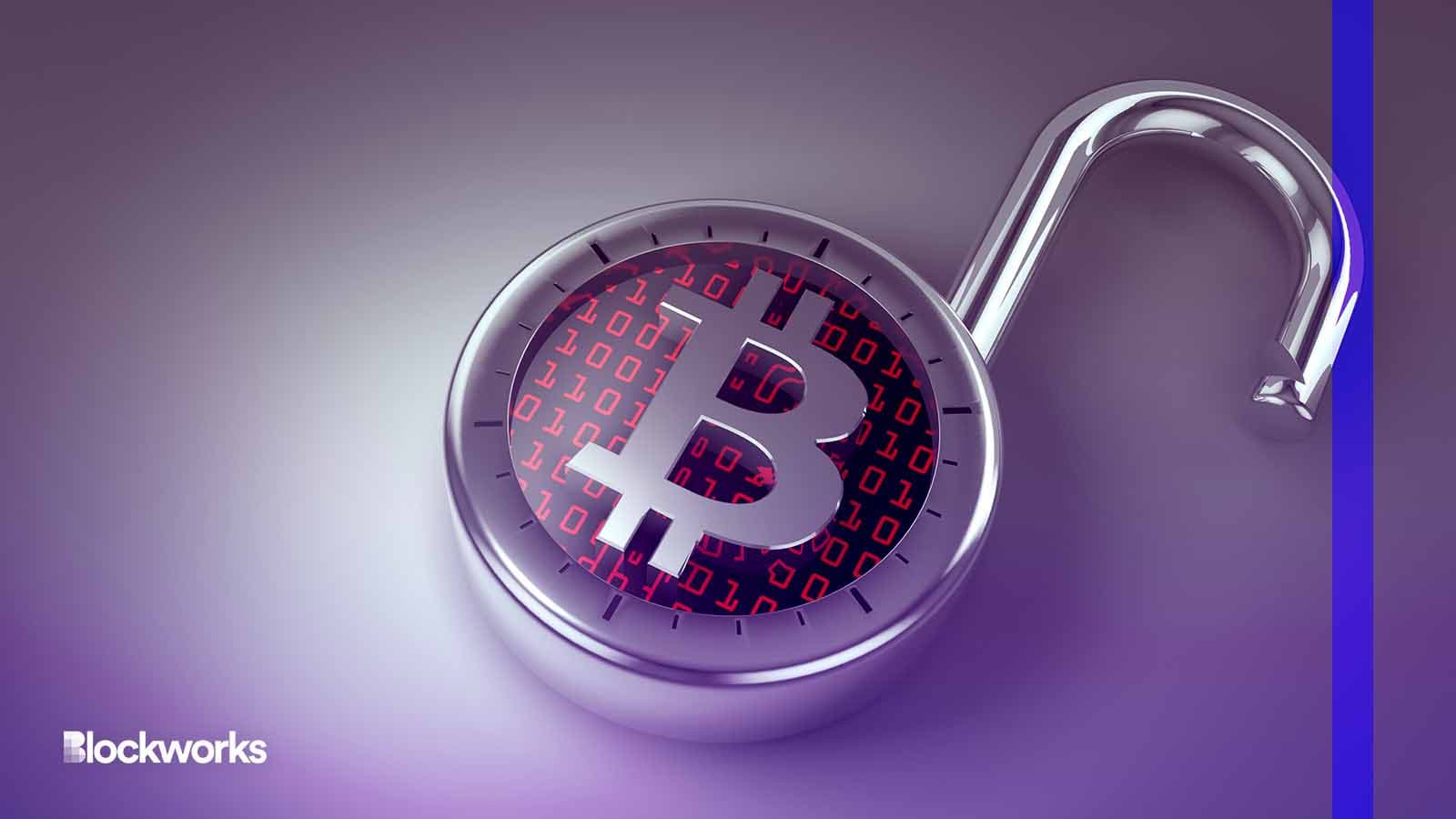Majority of US Adults View Crypto as Unsafe, Survey Says
Pew Research Center finds that though 17% of US adults have ever invested in or used crypto, 31% currently don’t hold it

emerge/Shutterstock modified by Blockworks
The majority of Americans with crypto on their radar question how safe the space is, a recent survey suggests.
A report published on April 10 by Pew Research Center found that 88% of US adults have heard of cryptocurrencies. Of those, three-quarters are not at all (or not very) confident in the safety and reliability of such assets.
The findings reflected answers gathered last month from roughly 10,700 US adults.
While many view crypto as a potentially dangerous investment, the percentage of those involved in the space has risen slightly.
Seventeen percent of US adults said they have invested in, traded or used a cryptocurrency — a slight increase from 16% in an August 2022 survey. Younger men are the most likely group to use crypto, as 41% of men ages 18 to 29 said they have invested in such assets.
Those who have jumped into the crypto sector have felt different levels of satisfaction in their decisions.
About 45% reported that their crypto investments have performed worse than they expected, with just 15% of respondents saying they have been pleasantly surprised. About a third reported that crypto has performed at the level they expected when initially investing.
Bitcoin (BTC) is up about 75% year to date, but is down about 58% from its all-time high of about $69,000, reached in November 2021.
Of the adults who have ever invested in the space, 31% said they currently don’t hold crypto. Just 16% of adults who were ever involved in the space became users in the past year.
The survey comes as US regulators have recently targeted crypto firms and executives, such as Coinbase and Tron network founder Justin Sun, for alleged securities violations as legal frameworks for the space remain lacking.
The SEC’s Office of Investor Education and Advocacy said in an investor alert last month that “investments in crypto asset securities can be exceptionally volatile and speculative.”
This language seemed to echo the tone of the White House’s annual Economic Report of the President, which stated the design of digital assets “frequently reflects an ignorance of basic economic principles.”
Get the news in your inbox. Explore Blockworks newsletters:
- The Breakdown: Decoding crypto and the markets. Daily.
- 0xResearch: Alpha in your inbox. Think like an analyst.






